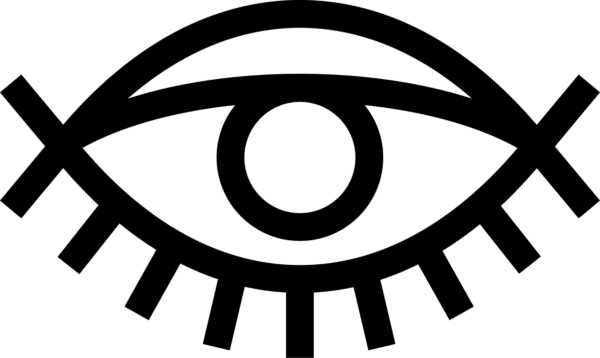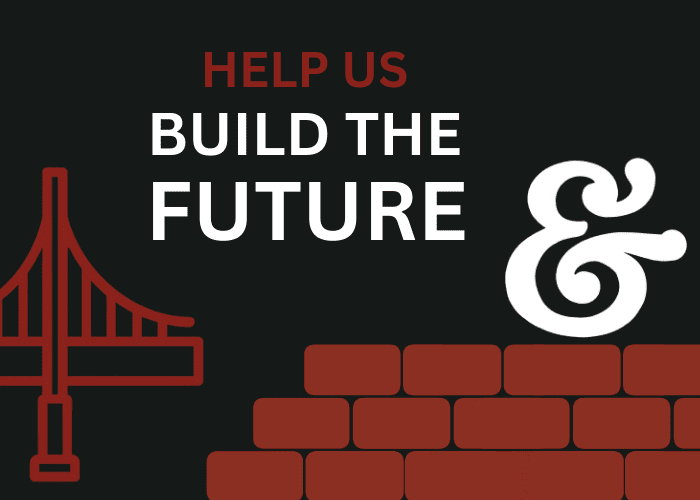
Bag&Baggage Productions (B&B) is a 15-year-old theatre company in Hillsboro, Oregon, with a mission of unpacking the stories we carry with us – from anecdotal to epic; from original to classic – using these as the groundwork to create transformative theatrical experiences that explore our shared humanity. B&B was grateful to receive the BIPOC Demands for White American Theatre put out this summer by the We See You White American Theatre (WSYWAT) movement, created by members of the Black, Indigenous, and People of Color (BIPOC) theatre communities. As a predominantly white institution located in a state that has a history as a “white haven” founded on anti-Black and anti-Indigenous practices, our theatre company has traditionally been dominated by the white narrative - privileging white bodies, voices, practices, policies, and experiences above all else - and we know we have much work to do.
One of the first orders of this work is to define our terms for the sake of clear, open, and transparent communication, and specifically to offer our definition for the fraught and complicated idea of racism.
Racism is not personal. It is not an individual character flaw, a personal moral failing, or a psychiatric condition. Racism is a historical system of power that unfairly disadvantages individuals and conversely advantages others based on the social interpretation of how one looks (i.e., race) and saps the strength of society by the waste of human capacity. Racism works at an interpersonal level and at an institutional level, and we acknowledge that we are all racist as a result of our socialization in a racist society. The antithesis to racism is anti-racism: the active practice of continuous self-reflection, education, and community action - and it is this work that we seek to do in every facet of our company, as we aim to dismantle racism.
We thank B&B Resident Artist Lawrence Siulagi for so thoughtfully crafting this definition to share with our company.
We additionally acknowledge that, as a theatre company that strives to “explore our shared humanity”, we cannot authentically fulfill our mission if there are artists, theatre-goers, and community members that continue to be sidelined or left as an afterthought in our work; we cannot truly begin to talk about “shared humanity” until we ensure that the most marginalized among us are given the same voice and opportunity bestowed on the most privileged among us.
Over the past several years B&B has begun to address the systemic injustices present in our company – work that has been reenergized and catalyzed by (1) the pause in our operations imposed by the COVID-19 pandemic, which has afforded us the time and space to do this work; (2) the murder of George Floyd and the subsequent social uprising, which has deepened our fervor; and (3) the gift of the Demands document, which has so thoughtfully provided an ongoing roadmap for continuous learning, rethinking, and rebuilding.
This is a living document, providing a summary of our most immediate work and priorities in addressing the WSYWAT Demands; it will be updated every 6 months, shared throughout our company and our community, and posted on our website. This is crucial and challenging work, and we strive to stay accountable; to take tangible, meaningful steps towards repairing relationships with our BIPOC community; to re-educate our current audience base as we ourselves learn; and to improve our culture throughout every area of Bag&Baggage in a way that centers the BIPOC experience.
Our work, priorities, and action steps for January-June 2021:
- We are continuing the regular and thoughtful practice of land acknowledgement, and additionally acknowledge the history and practices of colonization, marginalization, and enslavement that have allowed our country and our theatrical institutions to separate, divide, oppress, retain power, appropriate culture, and build wealth. We have implemented these practices at the beginnings of all meetings, first rehearsals, and company events - both public and private, and will continue to do so.
- We are cultivating an active and diverse Equity, Diversity, and Inclusion (EDI) Committee within our organization to assist in the ongoing work of addressing these demands. We have implemented regular weekly meetings of this committee as we move forward, and will continue to assess our progress, needs, and challenges. This document itself is a product of the work of this committee.
- We will provide ongoing anti-racism and cultural competency training and education for all leadership, staff, board, artists, and volunteers (particularly volunteer ushers) at B&B. We have implemented one-off training opportunities for staff members. We are in the process of working with our EDI Committee to arrange future trainings and develop a long-term plan for involving the entire organization.
- We are revising our Front of House and Rehearsal Room practices to ensure that policing, oppression, and microaggressions are interrupted and addressed in ways that center those who have been impacted, with a focus on their needs. We are in the process of auditing handbooks and policies to ensure these practices are defined and codified.
- We will intentionally include and amplify BIPOC voices, hold space for the BIPOC experience, and give proper credit to BIPOC contributions in all areas of the company where policy is being created and decisions are being made. We actively seek to build long-term relationships with BIPOC artists and community members on an ongoing basis, and commit to establishing a practice of quarterly BIPOC-only community affinity spaces to accompany this effort.
- We will continue to include line items on future season budgets for culturally competent talk-back facilitators for all programming featuring BIPOC stories, and will add a line item for trained counselors to be made available to artists and crew members during the rehearsal and performance of any programming dealing with racialized experiences. We are laying the groundwork for the regular inclusion of audience advocates present during programming that deals with trauma, assault, or racialized experiences.
- We will add specific anti-racism language to our existing anti-harassment and anti-discrimination public policy statement. We will continue to read this statement aloud at all first rehearsals, post it in areas of the theater most frequented by staff and artists, and regularly review and update it.
- We will invest in the creation of work by local BIPOC artists. We are moving forward with plans to regularly include new, commissioned work in our mainstage seasons, with a focus on centering BIPOC stories and experiences. We are aware that these projects will only be successful if they are backed by a solid support structure, so we are at the outset of a larger process to rethink staff roles, build stronger ongoing relationships with BIPOC artists, consultants, and community members, and develop timelines and practices that will empower these artists.
- We will end the practice of hiring entirely homogeneous, white casts and design teams.
- We prioritize transparency in fundraising and distribution of funds. We will not use BIPOC artistic work to leverage funds that are instead used to support the work of white artists.
- We will fairly compensate BIPOC artists for their appearance and involvement at donor events, or other public-facing events that fall outside the scope of their Artist Agreements.
- Again, this is a living document, so updates may be made at any time. We will specifically review and update this response every six months, as transparency with our community is a necessary part of our work in becoming an anti-racist institution.


